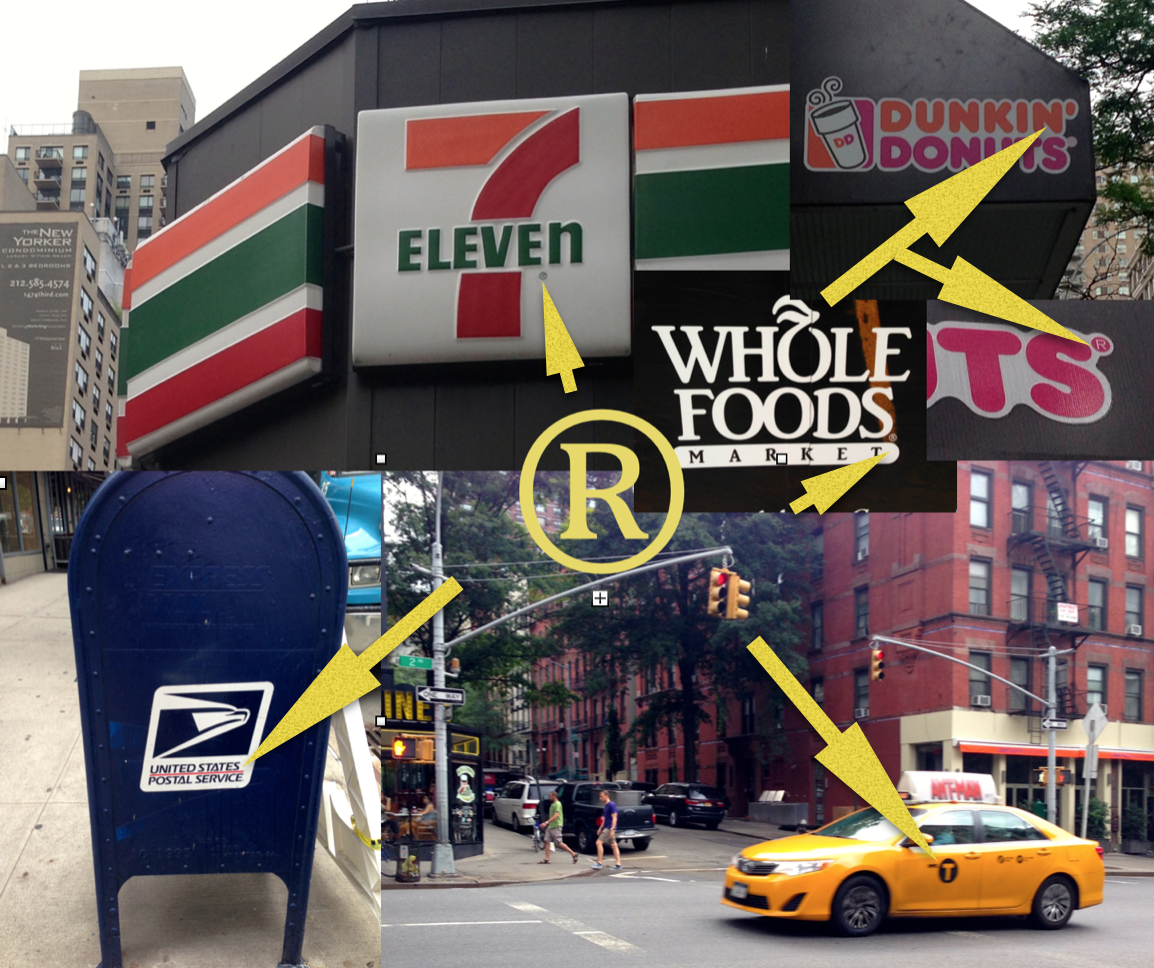
In a partition suit, preliminary decree is passed. An execution petition is filed by the plaintiff before the court. Court allows for it and appoints a commissioner in furtherance of the same. However, objections are filed against the execution of the decree and for the recall of preliminary decree, by the defendant. Court allows for objections and recall of initial decree. Thereafter commissioner files his report on the basis of first preliminary partition decree. Now court has asked defendants to file objections against the commissioner’s report. Under the given circumstances, what could be the most feasible objections so that the commissioner’s report in furtherance of the partition is not considered by the court?
| Sr. No, | Event series (Date) | Event |
| 1 | Plaintiff files partition suit | As a consequence of this suit a preliminary decree is passed. |
| 2 | Plaintiff files for execution of final decree in 1. | Court passes execution decree and establishes a commission for execution. |
| 3 | Meanwhile as step 2 was complete, defendant files an objection against the preliminary partition decree passed in 1. | Court accepts this objection and passes a decree to modify preliminary decree with respect to partition suit. (as mentioned in 1) |
| 4 | In the meantime, after decree in 3 has been passed, commissioner gives his report. | Commissioner’s report is relying on the facts in preliminary decree i.e. 1, when they had been changed by a subsequent decree i.e.3. |
| 5 | Court asks for defense to file objections with respect to the report of the commission. | We have to determine the objections to be filed in this case! |
Commissions for assistance in execution of partition deed are established under Order XXVI, Rule 13 and 14 of CPC. Under rule 13, court is vested with the power to issue a commission; whereas rule 14 deals with the procedure to be followed by the commission.[1] In cases of partition suit commission is issued for the actual on ground partition of the properties.[2] Further, commission under these rules is appointed after the preliminary partition decree, and their report is implemented via final partition decree.[3]
Thus commission under order XXVI, Rule 13 and 14 of CPC is set up to analyze the feasibility of award granted in preliminary decree and recommend possible methods of division.[4] Given such circumstance, if the preliminary decree is modified due to objection or by any other reason, report of the commission stands void.
This was witnessed in multiple cases that popped up after the 2005 amendment of the Hindu Succession Act. There were cases in which preliminary decree had been passed and commissions set up. After the amendment was passed, multiple writs were filed for amendment of preliminary decree in such cases. Courts held that partition suit does not attain its finality till final decree and allowed for amendments to preliminary writs and rejected report of the commission.[5] A similar stream of legal reasoning has been applied by the Supreme Court in cases where one or more parties die after preliminary decree is passed.[6]
These judgments include:
- Prema vs Nanje Gowda and Others [(2011) 6 SCC 462];
- Gandvri Koteshwaramma and Another vs Chakiri Yanadi and Another [(2011) 9 SCC 788]
Another direct case in this regard will be Karnataka HC’s judgment in Devemma v. Shraddamma.[7] In these cases trial courts did not apply 2005 amendments to the Hindu succession act stating that:
“…The Court cannot alter the preliminary decree and shares allotted by the appellate Court. The principle laid down in the aforesaid judgments is not applicable to the facts of the case on hand. In the present proceedings already Court Commissioner is appointed and he has submitted a report in compliance to the decree. Aggrieved by the said order, the petitioners have preferred the present Writ Petitions….”
Karnataka HC rejected this reasoning and said that any changes could be brought in the preliminary decree before the suit attains finality via final decree. Subsequently modifications in preliminary decree were accepted and commission’s report was rejected.
Conclusion: Until final decree is not passed by the court, preliminary decree can be amended. Further, as the main purpose of commission under Order XXVI, Rule 13 and 14 is to find methods for implementation of preliminary decree, amendments to preliminary decree will render the report of such commission void. Hence, one cannot rely on report of commission set up to assess the feasibility of non-amended preliminary decree to assess the feasibility of on ground implementation once the preliminary decree has been amended.
____________________________________________________________________
[1] Section 54 and Order XX rule 18 CPC to be taken care of. It’s presumed that provisions under the two do not apply in this case. This section applies if revenue is to be collected from a property.
[2] Shub Karan Bubna @ Shub Karan … vs Sita Saran Bubna (Supreme Court of India; Reportable case).
[3] Supreme Court of India in Rachakonda Venkat Rao And Ors vs R. Satya Bai (D) By Lr. And Anr on 11 September, 2003 Appeal (civil) 2508 of 1997; Renu Devi v. Mahendra Singh and Ors., AIR 2003 SC 1608 .
[4] Kishore H. Desai vs Lilawati Virji Chheda And Ors., 1990 (1) BomCR 160.
[5] Ganduri Koteshwaramma & Anr. Versus Chakiri Yanadi & Anr., Available at http://judis.nic.in/supreme court/imgs1.aspx?filename=38736; Phoolchand v. Gopal Lal; and S. Sai Reddy v. S. Narayana Reddy (Last two cases were with respect to Karnataka and Andhra Pradesh state acts.
[6] Maddineni Koteswara Rao ..Appellant VERSUS Maddineni Bhaskara Rao & Anr., Available at http://www.harjindersingh.in/home/partition-suit—amendment-of-preliminary-degree
[7] LAWS(KAR)-2014-3-177, Available at http://www.the-laws.com/Encyclopedia/Browse/Case?CaseId=014102798000






